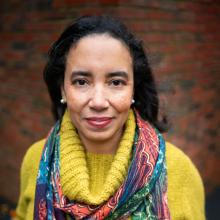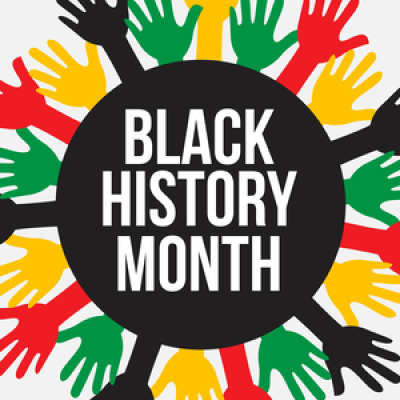Stealing the Innocence of Childhood
I received the latest news that shattered my sense of peace while I was with my extended family celebrating my nephew’s graduation from college. My sister’s best friend, who feels like a sister to me, leaned over and said, “did you hear about Buffalo?” I nodded yes, as I spied my sweet 10-year-old son throwing a football to whomever was a willing recipient.
How and when do I talk about this with my son? My sensitive, brown-skinned boy, who worries so much about others, has a keen emotional intelligence, and can tell when my husband or I are hiding something. When George Floyd was murdered, his school talked about it and he hasn’t been the same. He could not get past the injustice. He could not get past that his skin tone is similar to many African American and Latinx youth and young adults targeted for violence, targeted even by those who take an oath to protect citizens. Selfishly, I might have kept him from knowing anything about it. Doing so might protect his innocence. But, as an African American boy, while he needs to know his culture and community; regrettably, he must be prepared for discrimination and racially motivated violence.
After learning about racially motivated violence, like other African American, Latinx, Asian, and Indigenous children, my son worries about his father – my husband—traveling, as an African American man—will he be safe? He worries about my safety and that of our extended family. The verdict against the officer in the George Floyd case brought me a mild sense of solace. But the verdict more than a year later was too abstract for my son to understand, and the innocence of childhood was already irrevocably breached. In 2016, I wrote about parenting in the midst of police profiling and violence in U.S. News and World Report. Sadly, things have not changed since then.
As a developmental scientist, I lean into the work of scholars who study racial and ethnic socialization and ethnic identity, as these are the mechanisms that protect our children. I lean into the work of scholars such as Diane Hughes, Emilie Smith, and Howard Stevenson who not only study the phenomena of racial and ethnic socialization and preparation for bias but live the experience of preparing their sons for an unjust world. I am reminded of Howard Stevenson’s poignant sharing of a recording of having “the talk” with his son, as he prepared him for an unjust world in response to unsettling news. He shared this recording at the SRCD Special Topics Meeting, “Babies, Boys, and Men of Color,” in Tampa in 2016. My son was 5 at the time and I have never forgotten it. I lean into Adriana Umana-Taylor’s recent keynote address at the “Construction of the Other” Special Topic Meeting just two weeks ago (May 2-4th), where she described how schools and teachers can have the hard conversations that can guide youth in deepening their knowledge of their identity as a protective skill for the future. In these ways, science, practice, and lived experience merge.
SRCD strives to advance the developmental sciences and promote the use of developmental research to improve human lives. So often we are looking for the common “universal” experience, which erases the experiences of many marginalized youth. If we are going to improve the lives of ALL children, we must lean in and work against societies’ ills and injustices so that ALL children feel valued, included, and central to our future. The social injustices in society work against Black, Indigenous, Latinx, and other children of color. As SRCD, we need to ensure that all children are “our children.” CTA

